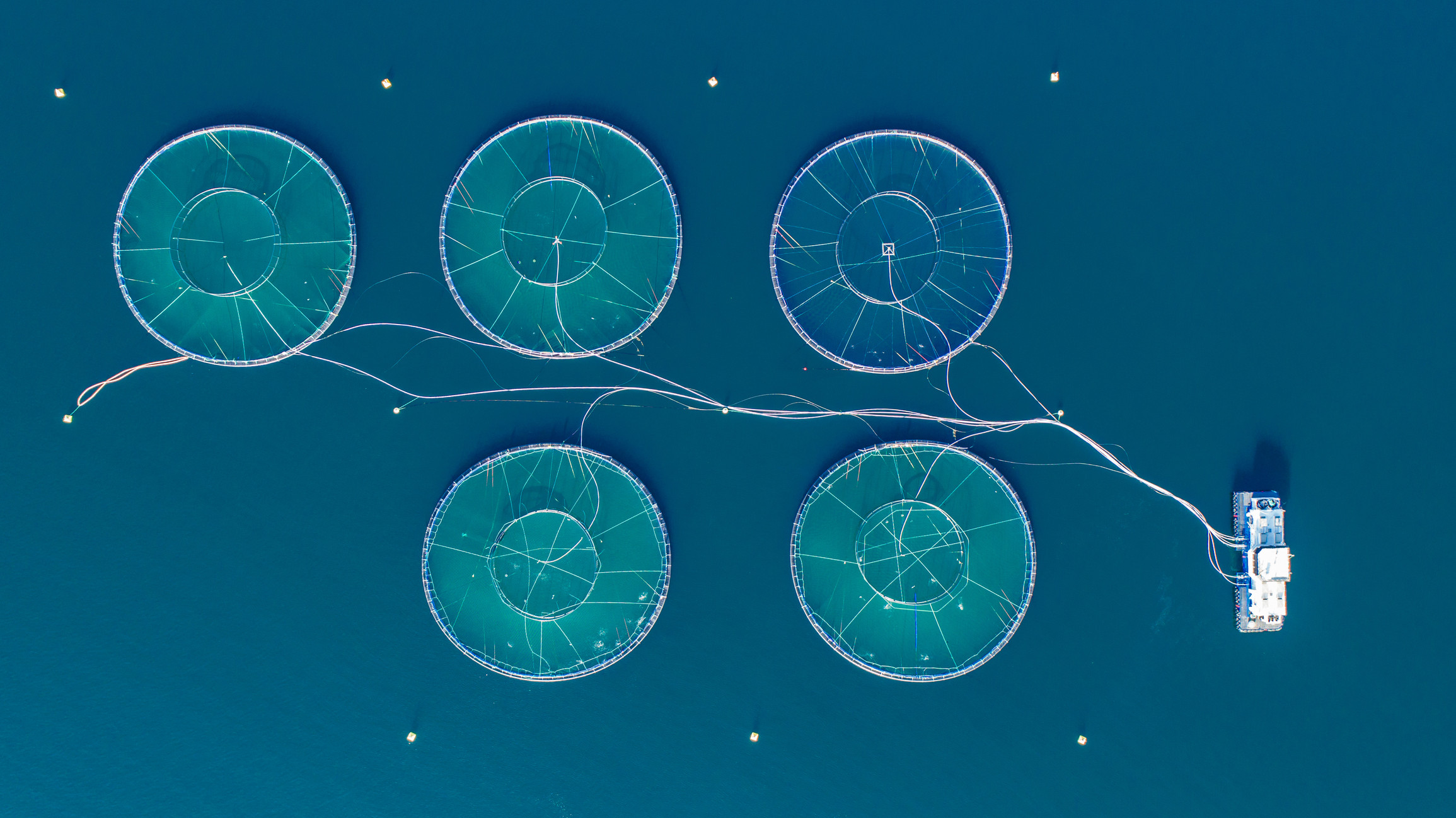During the 89th Annual General Session of the World Assembly of Delegates, the Centro para la Gestión de Antimicrobianos en Acuicultura (CASA), was designated as a Collaborating Centre of the World Organisation for Animal Health. This is the first Collaborating Centre for Antimicrobial Stewardship in Aquaculture.
The World Organisation for Animal Health maintains a network of Collaborating Centres for the purposes of providing scientific expertise and support to the organisation and its Members, and for promoting international collaboration on animal health and welfare. Collaborating Centres are designated for a specific specialty and within their area of competence they must provide their expertise internationally.
In this opportunity, Dr Betty San Martin, Director of the Centre, and senior advisor Dr Alicia Gallardo, share their vision on antimicrobial resistance and its impact on aquaculture.
What is antimicrobial resistance and what is its impact on aquaculture?
Antimicrobial resistance (AMR) is a natural defense mechanism that bacteria, viruses, fungus and parasites develop against the drugs used to treat the infections they cause.
One of the main causes of the increase in bacterial resistance to antimicrobials is the inappropriate and excessive use of these drugs in humans and animals. In the case of bacteria, when they stop responding to antimicrobial treatments, such as antibiotics, the risk of disease spread, the appearance of severe forms and mortality increases in terrestrial animals, aquatic species and humans.
For this reason, there is a worldwide consensus that AMR should have a multisectoral “One Health” approach: to mitigate its occurrence and dissemination, coordinated action between the animal and plant health, human health and environmental sectors is necessary. In this context, the World Organisation for Animal Health promotes the prudent and responsible use of antimicrobials in terrestrial and aquatic animals, to preserve their therapeutic efficacy and prolong their use.
We should also consider that the antibiotics authorized for use in aquaculture species is scarce at world level, therefore, it is necessary to take care of them. From this point of view, it is imperative to promote the implementation of the World Organisation for Animal Health standards for aquatic animals, such as the prudent use of antimicrobials, as well as surveillance programs for antimicrobial resistance.
How can small-scale aquaculture collaborate in the fight against antimicrobial resistance?
To collaborate in the fight against AMR, small-scale aquaculture must gradually implement, with government support, good animal health practices to avoid the presence and/or spread of infectious diseases. In this way, this subsector, which is so important in our region, will be able to improve the sanitary condition of farmed species, avoid losses caused by diseases and thus reduce the use of antimicrobials and prevent AMR.
What is the role of the Centro para la Gestión de Antimicrobianos en Acuicultura (CASA) as a Collaborating Centre of the World Organization for Animal Health?
Within the scope of CASA’s competence, antimicrobial management in aquaculture, the role of the centre is to provide international advice, particularly at regional level, as a contribution of scientific knowledge and support to the implementation of the World Organization for Animal Health standards.
How do you hope to collaborate with the implementation of our Aquatic Animal Health Strategy?
The Centro Colaborador para la Gestión de Antimicrobianos en la Acuicultura (CASA) is formed by a multidisciplinary team of professionals and researchers who have developed lines of research related to antimicrobial resistance and the prudent use of antimicrobials in aquaculture, specifically in salmon farming. We will also continue to provide permanent advisory services to the private sector and public institutions in relation to their AMR surveillance programs, the development of manuals of good practices in the use of antimicrobials, the development and implementation of online veterinary prescription, and risk assessments.
The experience of CASA members will allow us to contribute scientific knowledge, particularly to the countries of the Region of the Americas, as well as to provide advice in the field of our competence, especially on the prudent use of antimicrobials and considering the Strategy on antimicrobial resistance.

